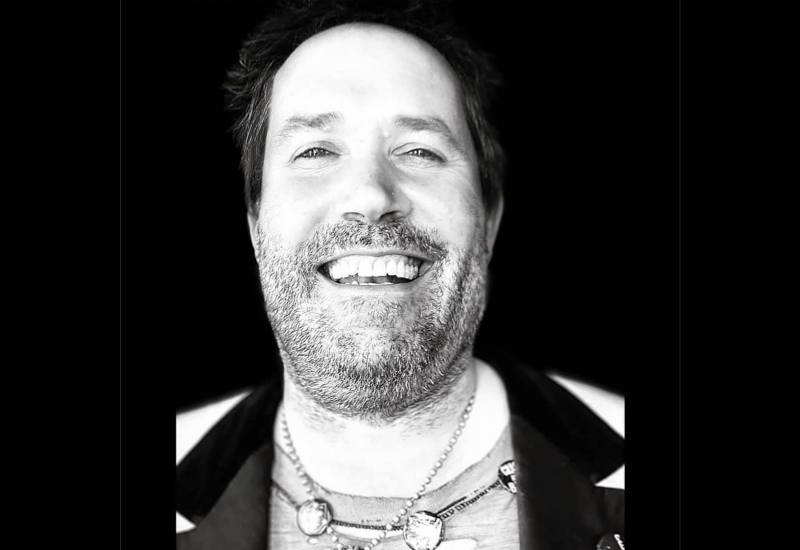“Scott fought his illness with courage and humility, taking scheduled hikes around S.F. with friends he’d made along the way,” Fleshies drummer Brian Hamilton told KQED. “I can say that my life has been better for knowing him, and his contributions to music and community. He was genuine in his occupation. I admire that he picked something he loved and did it. His presence will be sorely missed but not forgotten.”
“He preferred the smaller D.I.Y. shows, the dive bars and the punk spots,” Dead and Gone vocalist Shane Baker told KQED. “That’s where the energy was and the fun for him. One thing that always struck me about him was his calm, methodical way of doing his thing. He might talk to you about a show when you were out and about, but he knew the importance of following up because memories are short, especially when everyone was out partying. He was incredibly organized and still had all his flyers and calendars going back decades.
“His tolerance, kindness, and love for the music and especially the people were essential,” Baker said. “When S.F.’s waves of gentrification hit, he still managed to nurture a fun, dirty, raw, and organic scene. His passing just as the pandemic is ending leaves a big hole. I wish he could have been here to make it happen again.”
Alcoholocaust first moved to San Francisco in 1988 from Nevada City. His booking career began seven years later under the moniker Alcoholocaust Presents, which became Depth Charge Presents in 2016. He is remembered for the generosity he showed others; frequently housing bands himself, and sharing mementos with loved ones and friends in the final year of his life.
“He hugged and thanked everybody,” San Francisco DJ Robert Góngora recalls. “He didn’t have to do that. Not many promoters do that. He would give you his shirt if you needed it and he didn’t ask for anything in return.”
For those who encountered him in a professional capacity, Alcoholocaust also stood out as singularly memorable in a sea of other promoters. Travis Hayes first encountered him while Hayes was working as a booker at Thee Parkside in 2010.
“He was one of the few outside promoters that [Thee Parkside] worked with,” Hayes tells KQED. “And every single band he ever worked with just loved him—not one of them ever had a bad word to say about him. There’s a lot to be said for that. I remember at one point, he was doing multiple shows at multiple venues on the same night. So he’d be running to Parkside from a day show at Bender’s, then running to the Knockout for a later show. He booked good shows, but he was only making tens of dollars per show. I honestly don’t know how he did it.”


